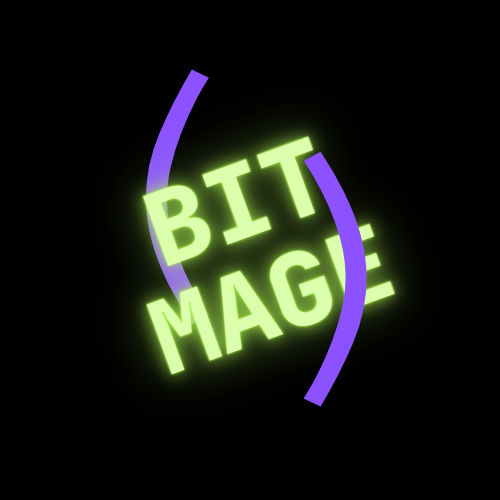Common Lisp : The Series - 0 : Introduction
This is the first in a series of blog posts that follow the educational common lisp series on my youtube channel as an auxilliary.
I’ll be summarizing the videos in these blogs and be using these to point to references and additional resources that further elaborate the matter.
This post is about why you should consider learning common lisp and how I intend to execute the plan of building an end to end resource index while simultaneously being able to learn more about the language myself.
Prerequisites
I’ll be covering the basics while not boring seasoned professionals who might be trying out common lisp for the first time. Therefore the only prerequisites are:
- enthusiasm for beginners
- a little patience on behalf of the experts before we get onto the advanced topics
References
As for the the rest of the details, the video briefly discusses what your editor should be able to do for a comfortable experience with lisp. More information on how you can proceed can be picked up from this roadmap to common lisp by Steve Losh.
If you really wish to get started right and would not like to defer the hurdle that emacs is (it is worth it though), you may refer this playlist on getting started with emacs from scratch by SystemCrafters.
Once you are comfortable with your editor (remember shortcuts and can philosophically defend your choice), you can move on to setting up your lisp development environment. If you choose emacs, you may proceed with slime or sly.
Now that you’re all setup and ready to greet the world, you may want some inspiration for getting into common lisp and there’s no place better than the essays of Paul Graham for that.
We’re ready …
Before we meet again in the next video, do note that I publish on this main blog and on youtube after my plans and content in the buffer mature. A quick search in the index should indicate what I’ve been up to and where I’m headed.
Call to collaborate
If you’re someone who shares the dream of making lisp popular and mainstream so that we can use it for our jobs and don’t have to switch to blubs to make a living (without denting its charm of course) , consider contributing to the notes and hit me up via mail or any of the other media I’m present on.
Wish you a serendipitous and sexpy future with lisp.
